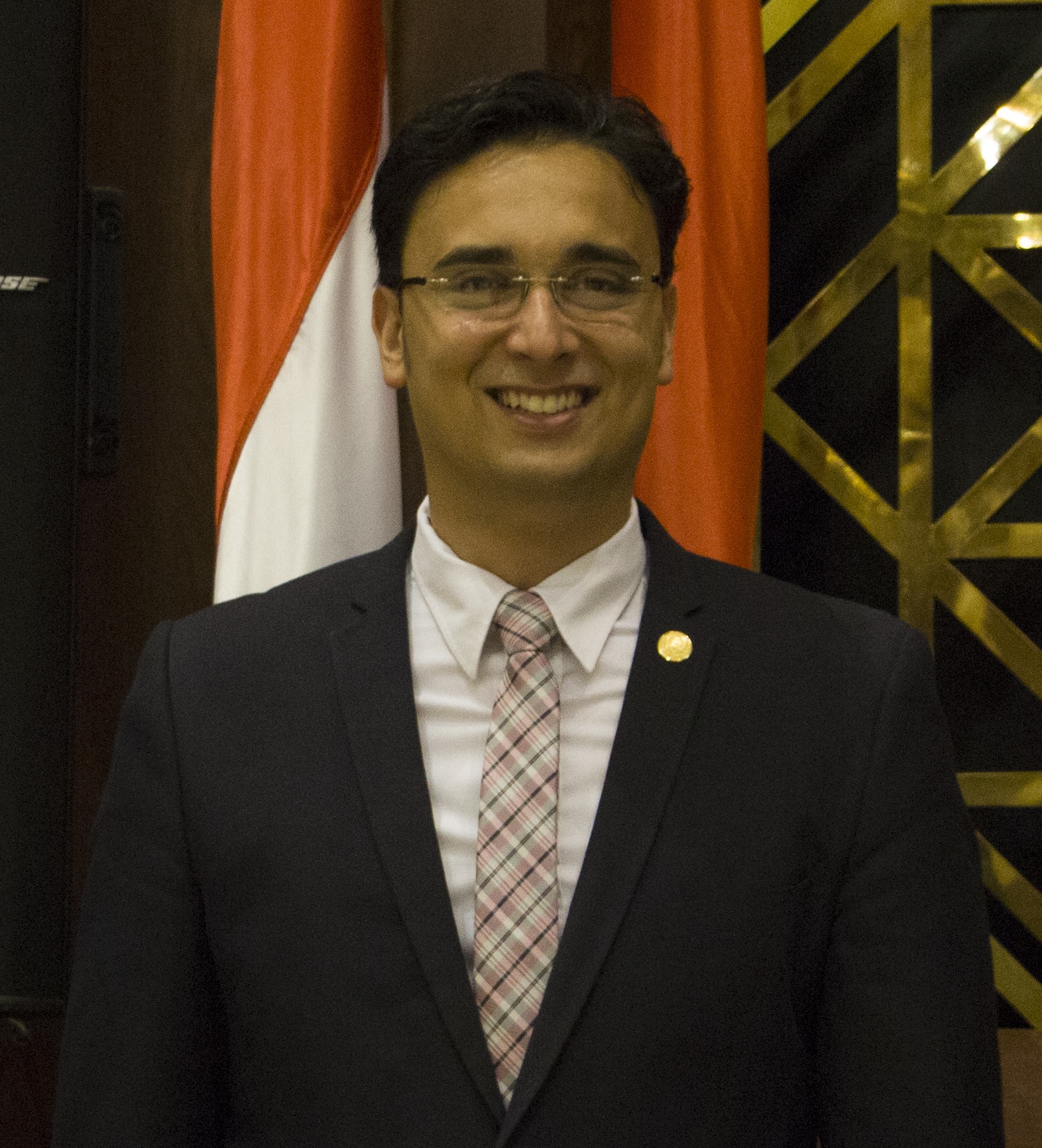Dr. Mohammed A. El-Kholy is an Associate Professor in the Microbiology and Biotechnology Department at the College of Pharmacy, Arab Academy for Science, Technology, and Maritime Transport (AASTMT), Alexandria, Egypt. As Head of the Quality Assurance Unit, he has spearheaded efforts to uphold academic and institutional excellence. Dr. Elkholy earned his BSc in Pharmaceutical Sciences (2008), MSc (2013), and PhD (2016) in Diagnostic and Molecular Microbiology, all from Alexandria University, with exceptional academic records, including graduating among the top 6% of his class. His doctoral research delved into virulence factors and azole resistance mechanisms in Candida tropicalis, establishing a foundation for his ongoing focus on antifungal resistance and microbial pathogenesis. Over his prolific career spanning more than a decade, Dr. Elkholy has contributed to the development of microbiology curricula, mentored postgraduate and undergraduate researchers, and collaborated with international institutions. He has supervised multiple master’s theses on topics such as antimicrobial resistance, microbial virulence factors, and novel therapeutic strategies, reflecting his commitment to advancing microbiological research. Dr. Elkholy’s research interests lie at the intersection of antimicrobial resistance, microbial genomics, and phage therapy, with significant contributions in microbial genotyping, virulence factors, and probiotic research. He has authored numerous peer-reviewed articles in high-impact journals and presented at prestigious conferences worldwide, including ASM Microbe and ECCMID. His collaborative work with institutions in Europe and Asia has yielded groundbreaking insights into carbapenem-resistant Acinetobacter baumannii, multidrug-resistant Klebsiella pneumoniae, and azole-resistant Candida tropicalis. As an esteemed member of professional societies such as the European Society of Clinical Microbiology and Infectious Diseases (ESCMID), the International Society for Human and Animal Mycology (ISHAM), and the American Society of Microbiology (ASM), Dr. Elkholy actively contributes to global microbiological research efforts. His commitment to academic excellence is evident through his leadership in securing ACPE accreditation for AASTMT’s pharmacy programs. Dr. Elkholy’s dedication to combating antimicrobial resistance extends to his ongoing exploration of bacteriophage therapy and CRISPR-Cas genome editing tools, areas he is eager to develop further.

